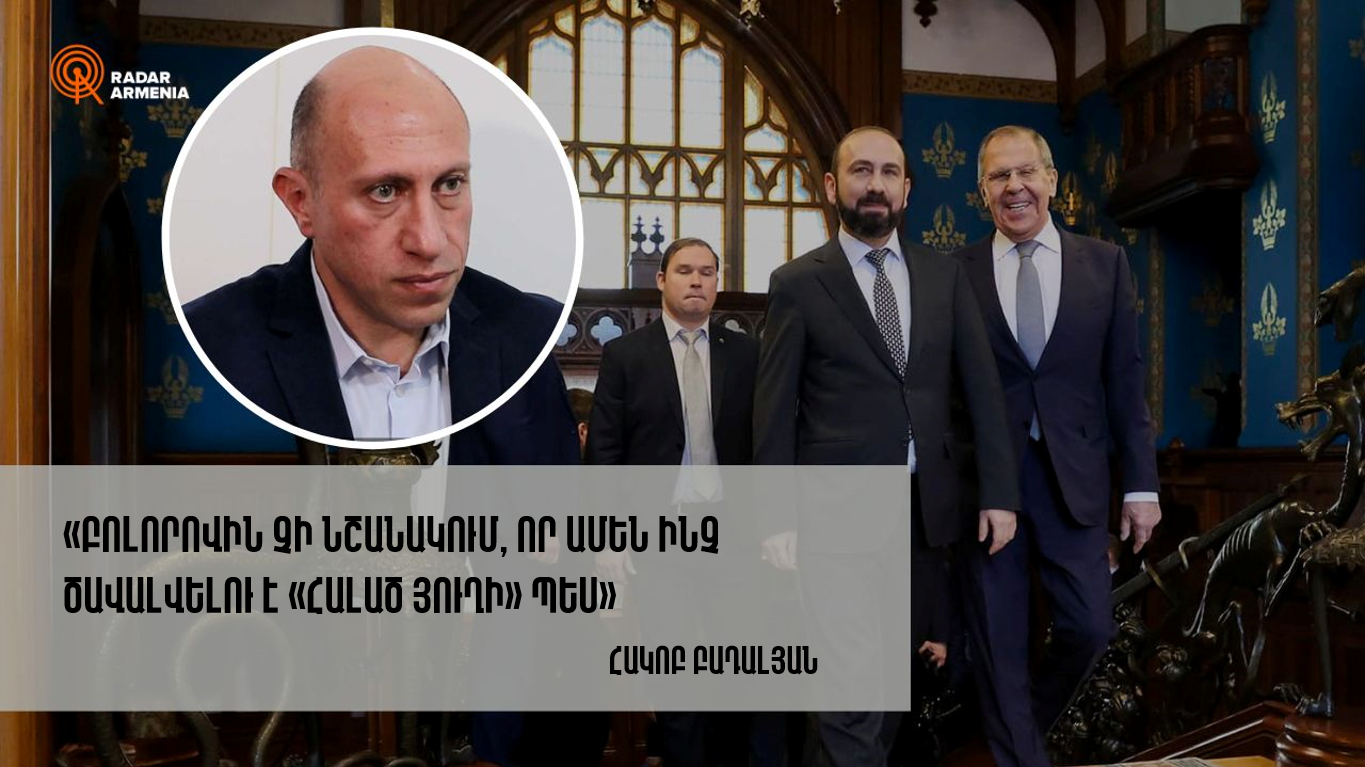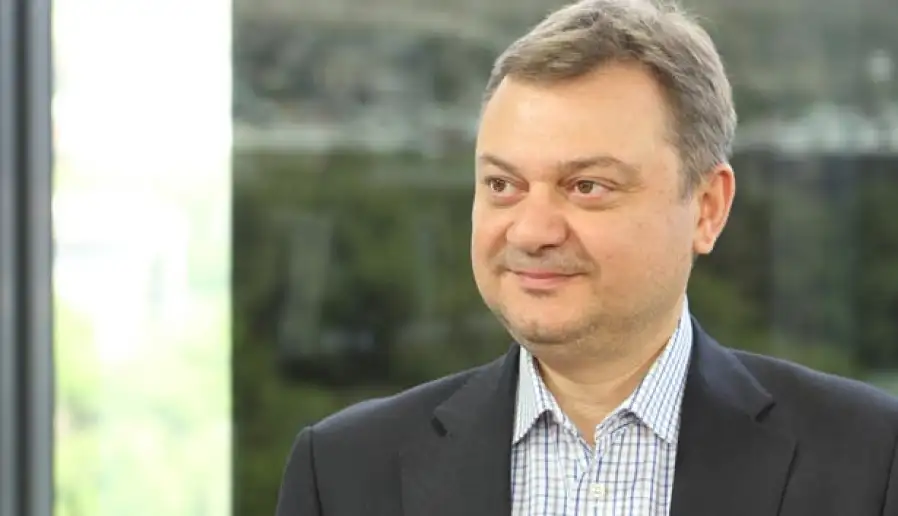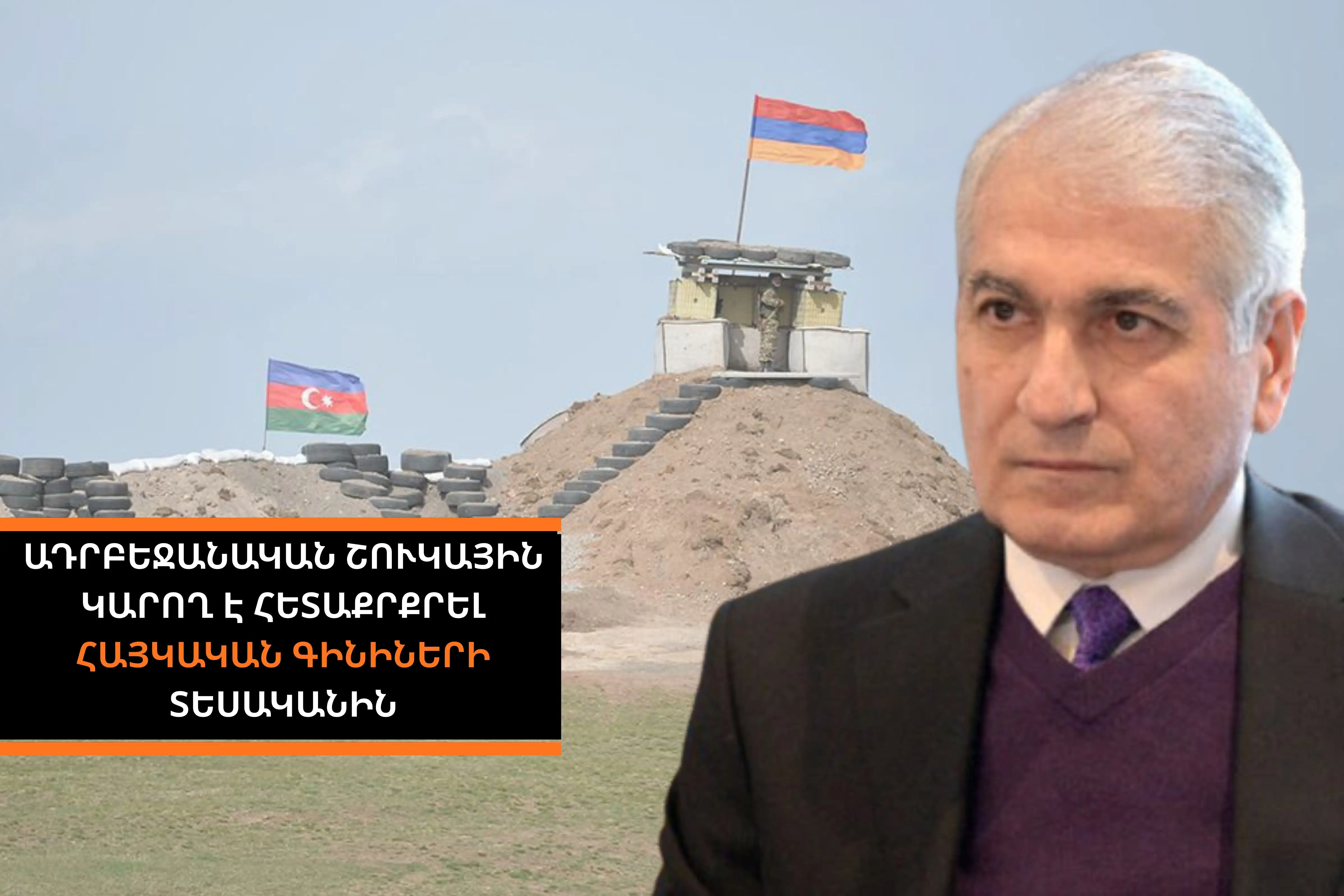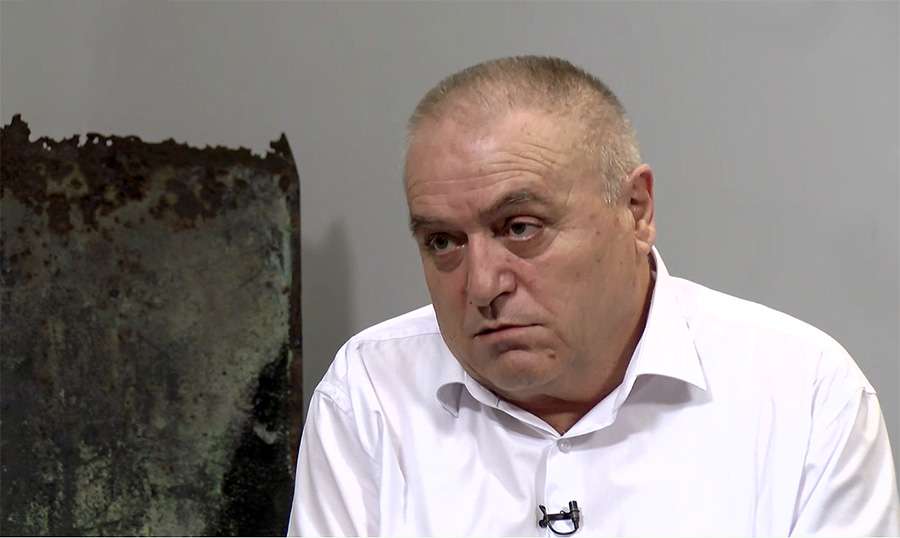Radar Armenia's interlocutor is political analyst Hakob Badalyan.
- Yesterday, the foreign ministers of Armenia and Russia met in Moscow. What messages did the parties convey?
- If we judge from the information entourage of the meeting, it is possible to conclude that a particular mutual understanding of at least the medium-term perspective has been recorded. There was a certain tension and a long-term break in relations. Moreover, the Russian Foreign Minister Lavrov announced that this break has been overcome. This episode of Armenian-Russian contact is especially worthy of attention against the background of the event that was outlined at the end of last year and took place in Moscow on January 17, the signing of the tremendous Russian-Iranian strategic partnership agreement, which can also be a fundamental factor in changing the security environment and atmosphere in the Caucasus region a few hours ago, there was also a telephone conversation between Putin and Pashinyan at the initiative of the Armenian side, which preceded not only the signed agreement but also The visit of the Minister of Foreign Affairs of Armenia, being also a specific action at the highest level. By the way, during the meeting, the same Lavrov also made a direct reference to that level, noting that they also carried out discussions in the same constructive spirit as at the Pashinyan-Putin level.
What developments will occur in Armenian-Russian relations, considering how the new US administration will position itself in the processes taking place in the South Caucasus?
- The meeting in Moscow, the discussions, and the fact that there was a certain consensus in the medium term do not mean that the crisis atmosphere in the Armenian-Russian relationship has been overcome, and everything will unfold like "melted oil." The reason is that this crisis is not conditioned not only with Armenia and Russia but as a result of a more significant global, world order crisis that began to "embryos" almost two decades ago, and Russia during that time tried more to find mechanisms and means of managing this crisis. And here, there should have been a greater interest from Armenia because Armenia's much more modest caliber and vigorous security risks require more diligence, which applies not only to Russia. Despite a specific transformational crisis in the political and security domain, the Armenian-Russian relationship is not much at the level of strategic issues. For example, mutual understanding between the parties is also a question of "tactical ease." In a broad sense, just as the realities of the world order determine the crisis of the Armenian-Russian relationship, the issue of overcoming the crisis and the new architecture will depend on the result of the exhaustive process of the formation of the world order, including Russia. - The course and outcome of US relations and agreements.
Hayk Magoyan


















